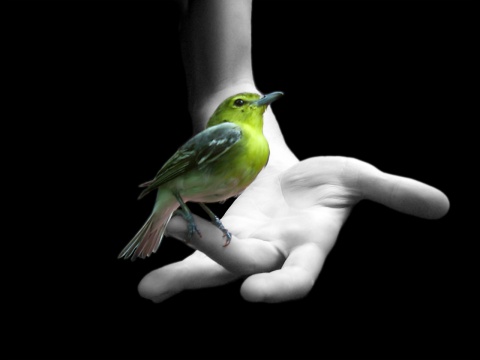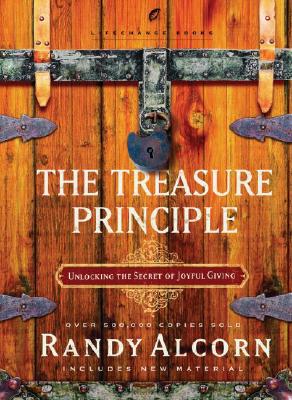Exodus 4:2
Then the Lord said to him, “What is that in your hand?”
Sometimes, what challenges us to move the most is exactly what makes us the most immovable. We get so overwhelmed by the truth we’ve encountered that we find ourselves lost in a maze of introspection and self-analysis. It isn’t long before we are sitting in the same place, only now with the knowledge that we shouldn’t be in the same place. Ignorance, it would seem, really can be bliss, and knowledge can feel overwhelming and overrated. This is exactly where I found myself after reading Radical by David Platt, the kind of book that you read and instantly know is true and also impossible to live (you can read more about the book here). How, in light of the incredible poverty in the world and selfishness in our culture, can one person, or one family, really make a difference?
As the B99 (that’s Wendy, my Better 99%, for all you newbies to TBC) and I sat and talked through it (she had read it one week before me), we both found ourselves asking the obvious: what do we do now? Do we sell everything we own? Some of what we own? None of what we own? Do we ravage our closets and throw all our clothes in the car and stand on the side of the road in a poor neighborhood and give them away? Do we {gulp} turn off the satellite and pull out the rabbit ears? Worse, do we give the TVs away?
It’s not hard to find yourself frozen in the face of truth, a deer in the headlights of an approaching car, scared to move and yet knowing if you don’t, you’re toast. Now, more than ever, I’m thankful for a God Who focuses more on what we have than what we don’t, and on what we can do more than what we can’t. I found myself feeling like Moses, who had heard the Voice in the bush telling him that he would be leading a couple million captives out of slavery and into a land that would be better than they could have ever imagined. High callings really do all sound the same and require the same: they’re all impossible and all of them require people who can’t do the impossible to be a part of them. And so, Moses stood frozen in front of the high calling he’d received, his humanity motionless in the bright lights of the divine, destined to remain still because the call to move was too overwhelming.
It is at that precise moment when God asked Moses a question that snapped him back to reality. The only question, really, that could get Moses moving again. “What’s that in your hand?”
What we have is so much more valuable than what we don’t. We can offer what we don’t have all day long – even with good intentions – but in the end it is what we do with what we have that matters. A bird in the hand really is better than the two in a bush somewhere that I may never be able to do anything with, and I am more convinced now than ever before that the culture of the American church is all about promising to God what He has yet to entrust us with.
“When I get a raise, I’ll give some of it away” isn’t all that different from saying “When I’m a dog, I’ll be nicer to cats” because neither one of them has happened yet. Asking us what’s in our hands forces us to make real decisions about trust, instead of dreaming about future decisions that don’t actually cost us anything. It is a question that I both love and hate, because while it simplifies my choices (which is good), it also reveals that most of my choices are made in my own best interest (not so good).
God is more concerned with what’s in your hand now, not what’s potentially in a bush somewhere else, because He knows that the people He can use to bring His kingdom on earth are the ones courageous enough to release their grip in the present, not the future. God calls us to live what we know (Philippians 3:16) while we wait on Him to teach us more, and when I think of it like that, the question really does point to a doable answer. I can give what I have and do what I know while I trust Him with what I don’t.
Who knows where this journey ends? Hopefully with a world led out of slavery by a handful of believers who are brave enough to answer the question of the Almighty by opening their hands and giving what they find there. In fact, if we give Him the one bird in our hand, it is entirely possible that He’ll help us use both empty hands to grab the two that are still in the bush.
Then, we’d have the joy of giving away even more.








Leave a Comment